"Let None of it go to Waste..."
What a Sister in Calcutta Taught Me About the Value of Suffering
It’s important to back up your work.
I know this.
And yet...
About two years ago, I lost a hard drive — one that held a handful of assignments I hadn’t saved anywhere else. And, in dutiful cooperation with Murphy’s Law, that’s the one that decided to sacrifice itself on the altar of broken electronics.
It wasn’t catastrophic — just a few assignments — and to be honest, I couldn’t even remember which ones. That is, until I need a photo from “that job a while ago I can’t quite place.” And usually, after a two-hour scavenger hunt through every backed-up drive I own, I’m left with only one conclusion: that job lived — and died — on that failed drive. And I proceed to kick myself one more time.
But it’s not all wasted.
Like most of life’s self-inflicted tragedies, there’s always an underlying lesson. Some wisdom you gain — even if it’s wisdom delivered with a gut punch.
But that’s life. Suffering, big or small, self-imposed or not, is part of the deal. But what we do with it — how we respond to it — that’s the part that matters.
And I can tell you the exact moment that lesson stopped being theoretical for me.
It was September 6, 2016, around 3:00 PM, in Calcutta, India.
I had traveled to India a few weeks earlier to cover the Canonization of St. Mother Teresa. It was my first time in India — my first time in Calcutta — and calling it culture shock would be the understatement of the century. The heat, the air quality, the sheer weight of poverty in the neighborhoods I walked through — it was staggering.
But it was also joyful.
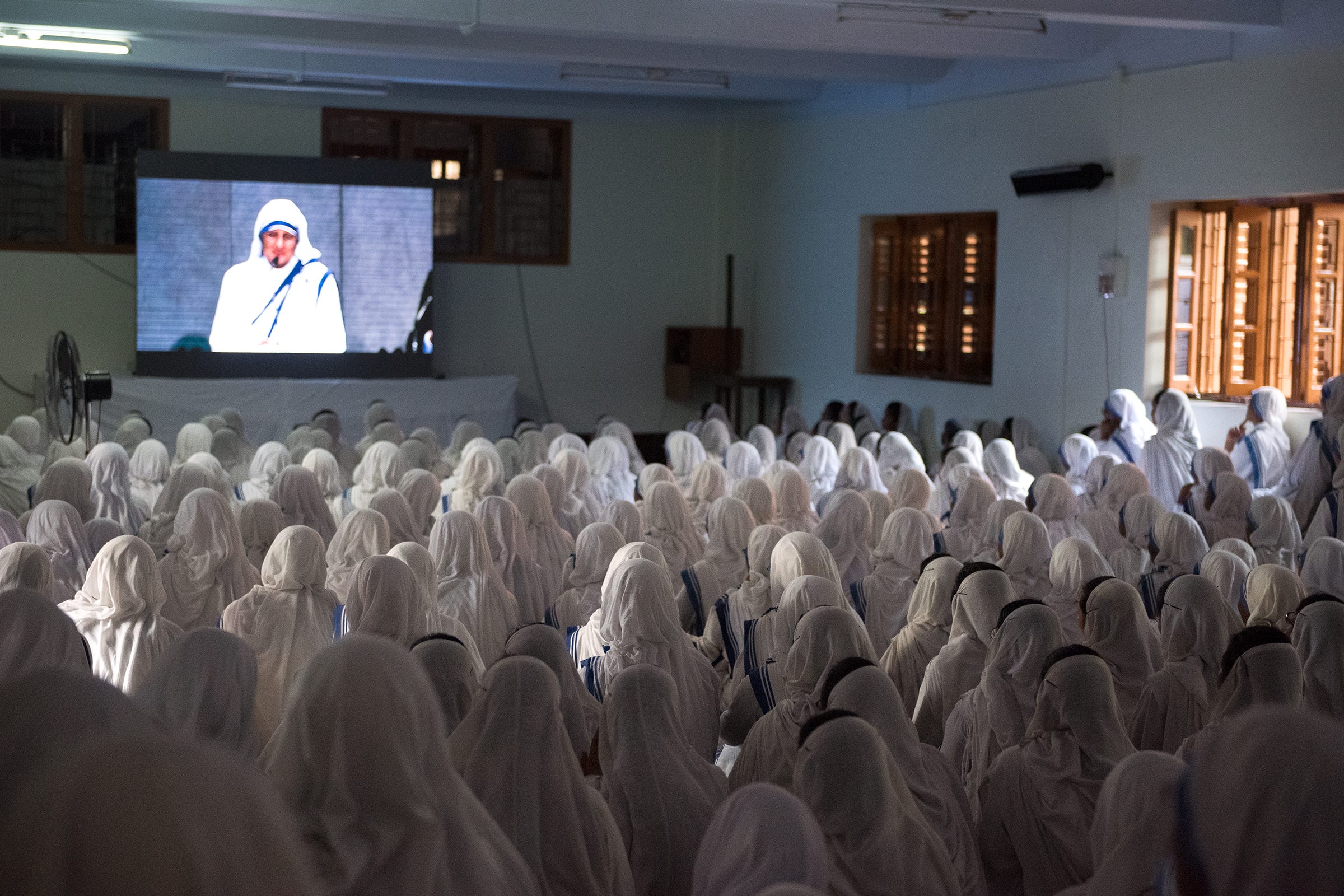
Despite the puddle I had become in the relentless heat, despite the heartbreaking sights at nearly every turn, there was a palpable pride in the air. Mother Teresa — their Mother Teresa — was being declared a saint. Of course, to them, she already was a saint.
And even though the main festivities were unfolding in Rome — complete with air conditioning, fine wine, and world-class food — I knew I was exactly where I needed to be: in Calcutta, among the people who knew her best. Those who had worked beside her. Been served by her. Suffered with her.
This was where her heart was.
Actually, it was where her whole body was.
Her tomb rests in the Motherhouse, and I had the incredible privilege of sitting beside it in prayer, and attending Mass just a few feet away.
When I returned to New York, one of the Missionaries of Charity asked me, “Did you meet Mother?”
“Well,” I said, a little confused, “I was near her tomb…”
She beamed. “Then yes! You did meet Mother!”
I did meet Mother.
Once the canonization celebrations wound down, I made one of those rare, good decisions—I would stay a few extra days as a volunteer. I was curious to see what it was like to serve as Mother Teresa and her sisters had served. So, the next day, I locked my camera in the tiny safe in my room and reported for duty.
People travel from all over the world to volunteer there. Some come for a day or two; others stay for weeks, even months. For me, those days were some of the most profound, humbling, and Grace-filled of my life.
Each day began with 7:00 AM Mass, followed by the volunteers gathering in a large garage-like room to be assigned their work locations. We were split into small groups — my group included an engineer from Egypt and his friend, two women from Madagascar, and a young woman from China.
We bonded quickly, sharing stories and nervously laughing as we waited for our assignments. The work would be challenging — we all knew that — but none of us knew just how much it would reshape us.
That afternoon, my group was sent to Nirmal Hriday — The Home for the Dying Destitute. To get there, we waded through monsoon rains, water pooling in the streets knee-deep.
Nirmal Hriday is not an easy place. Most of the men and women there are elderly or terminally ill, many rejected by local hospitals because their conditions were too severe. The Missionaries of Charity — with the help of volunteers — clean their wounds, bathe them, and offer as much comfort as possible so that they can die with dignity, knowing they are seen, known, and loved.
My Egyptian friend and I were asked to assist a Sister in cleaning a man who had just been brought in off the street. His body was covered in wounds, and each touch caused him to writhe and scream in agony. The stench — a blend of infection, decay, and human waste — was overwhelming.
But the Sister, calm and smiling, gently cleaned his wounds, spoke softly to him, and set the tone for how we were to care for him — not just his body, but his soul.
When our shift ended, we gathered our things and started down a long, dark hallway. My friend turned to me, tears streaming down his face. “Jeff,” he said, his voice trembling, “I can’t do this it’s too much...”
The Sisters have a knack for appearing exactly when they’re needed.
Out of nowhere, one of them stepped into the hallway, stopping us in our tracks. She looked at us both and said, “Let none of it go to waste.”
“Every smell, every sight, every moment that makes you uncomfortable — offer it to Jesus for the person you’re caring for. That way, they — and Jesus — will be truly loved.”
Peace flooded my friend’s face. The stealthy, mind-reading Sister was right, of course.
Our suffering mattered.
Our suffering was valuable.
Our suffering could be offered in love.
It’s a lesson I’ve never forgotten — one that’s just as true in the small sufferings of daily life as it is in the profound sufferings of places like Nirmal Hriday.
Whether it’s a paper cut or a sprained ankle, or deep grief or a broken heart, all of it has value if we attach it to Jesus’ suffering on the Cross.
All of it can be offered.
So the next time you spill your coffee or break a nail, remember those words of wisdom..
“Let none of it go to waste…”
Not even a crashed hard drive.
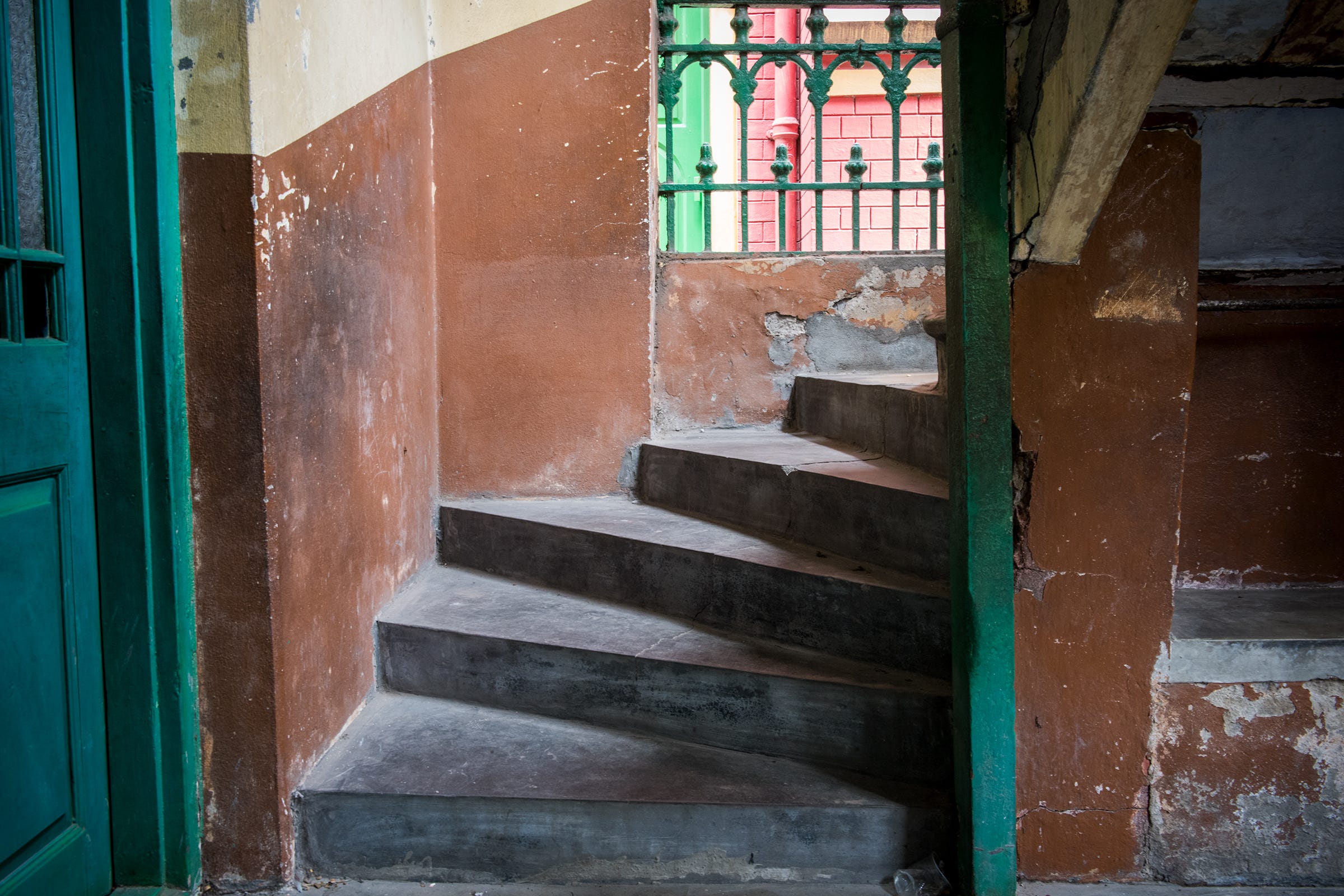
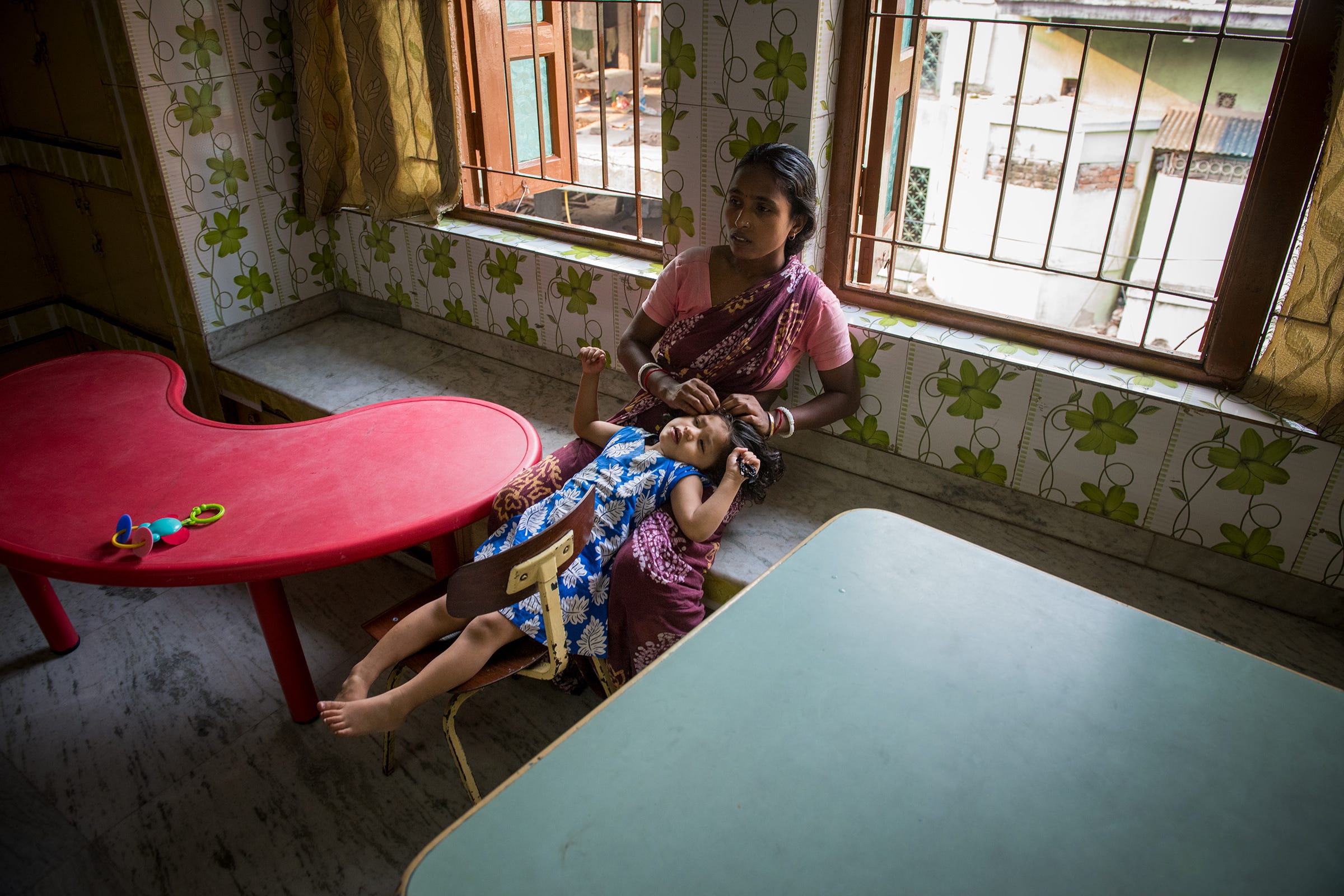
Thanks for reading! This is a truly independent, reader-supported periodical. Your support is crucial. If you are able, please consider a paid subscription or making a ‘Patron of the Arts’ donation of any amount. By doing so, you are not just supporting this effort; you’re a vital part of this mission.
You have my heartfelt thanks for your generosity and support, and please keep me in your prayers and know of mine for each of you. God Bless, Jeff


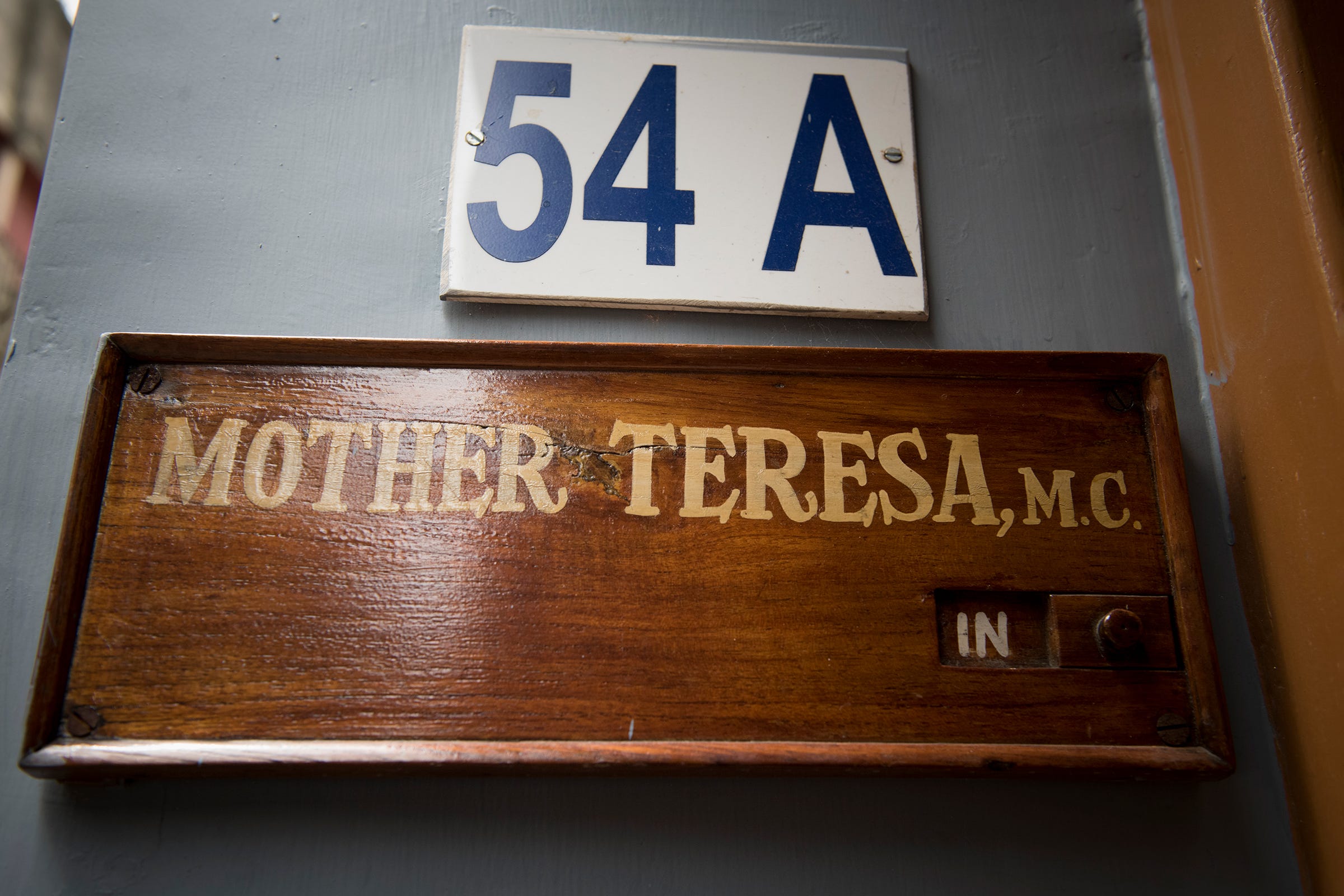
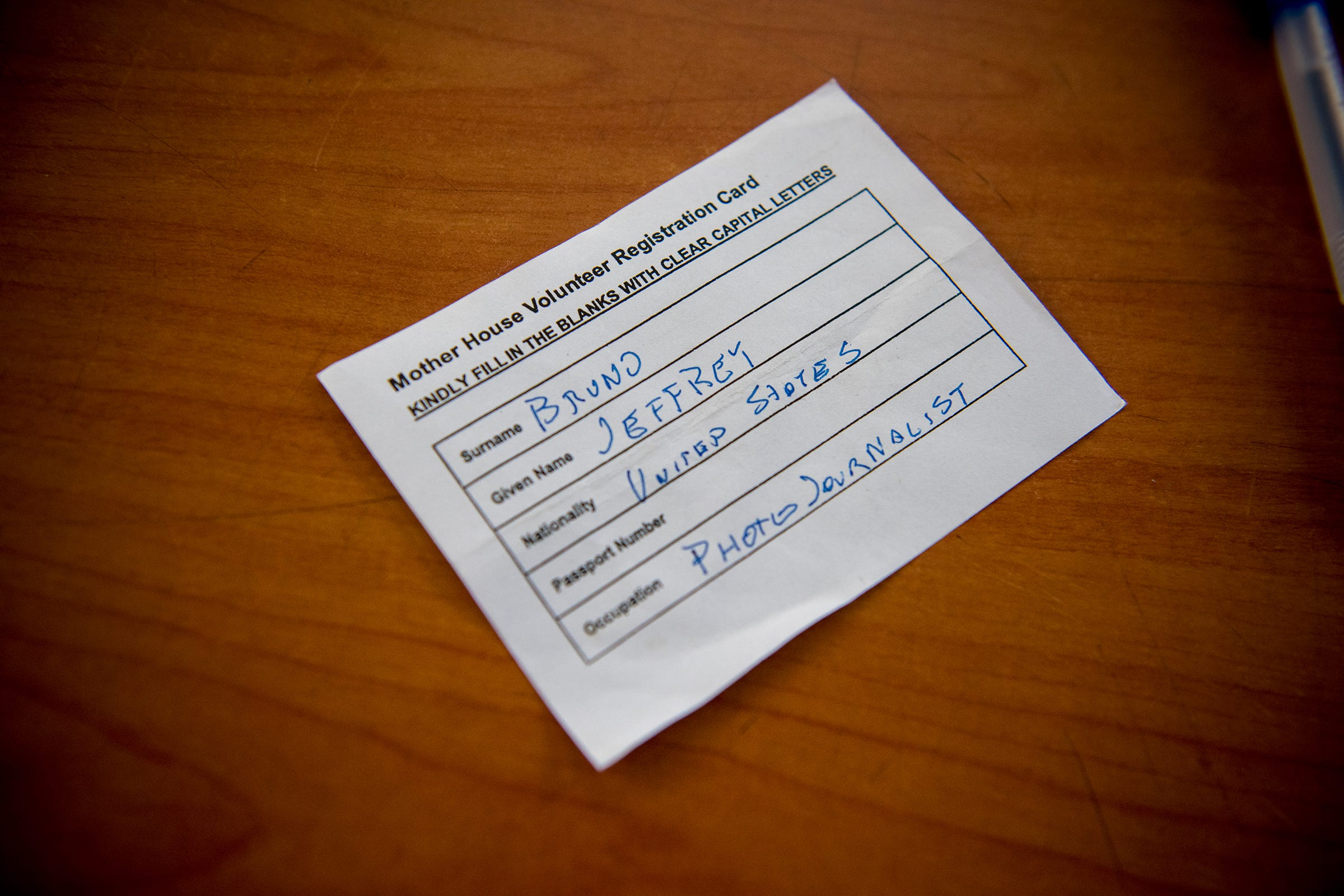
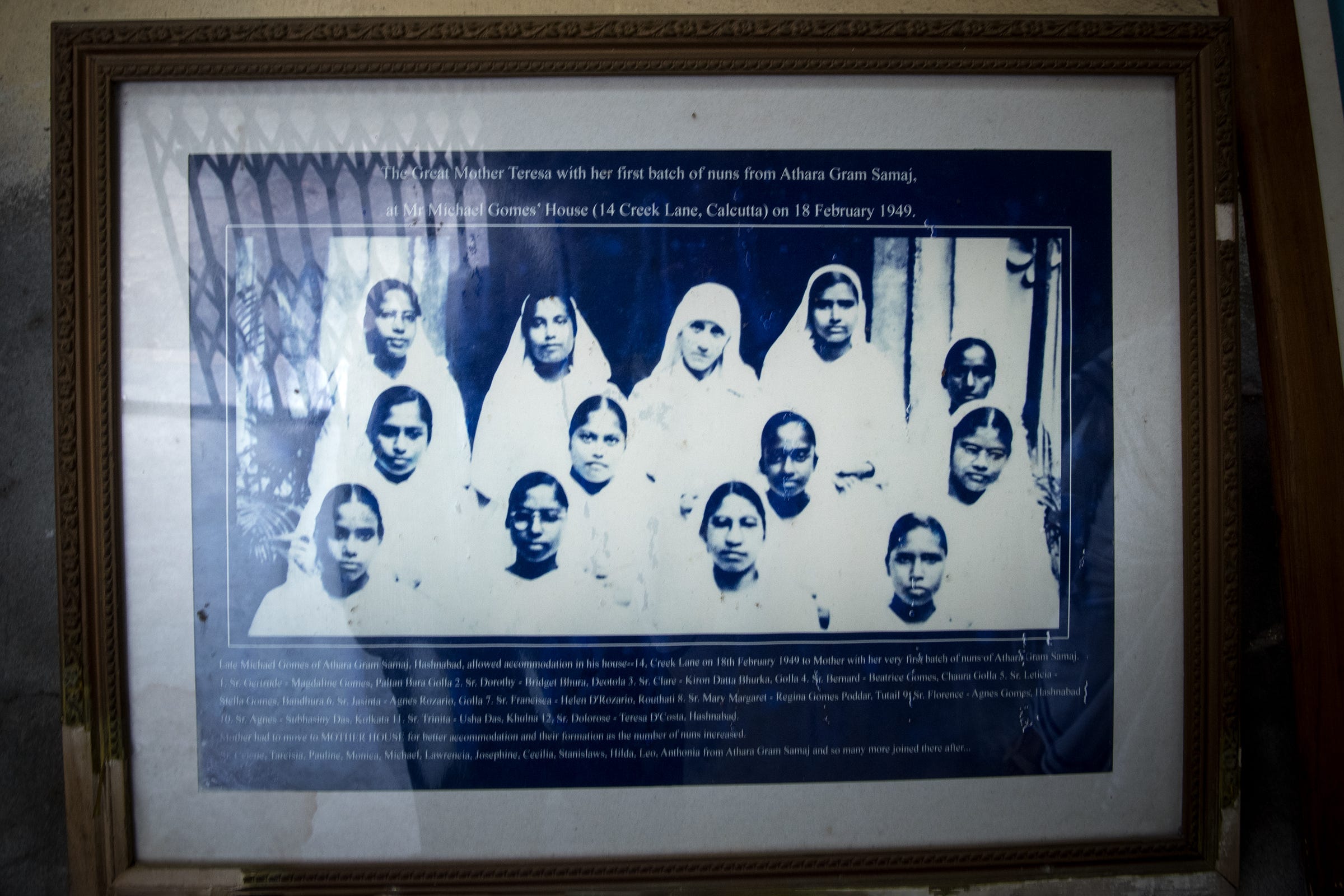
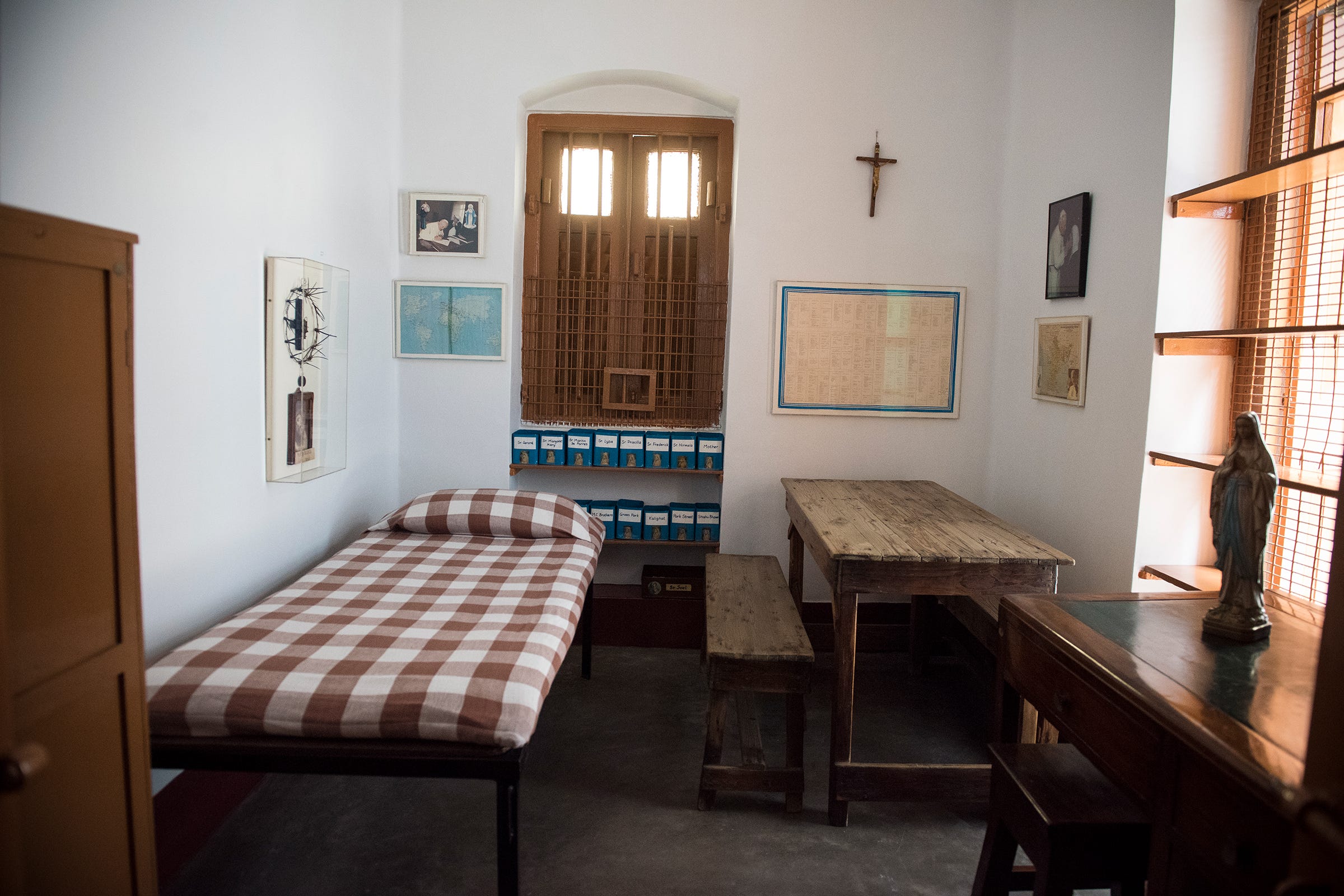
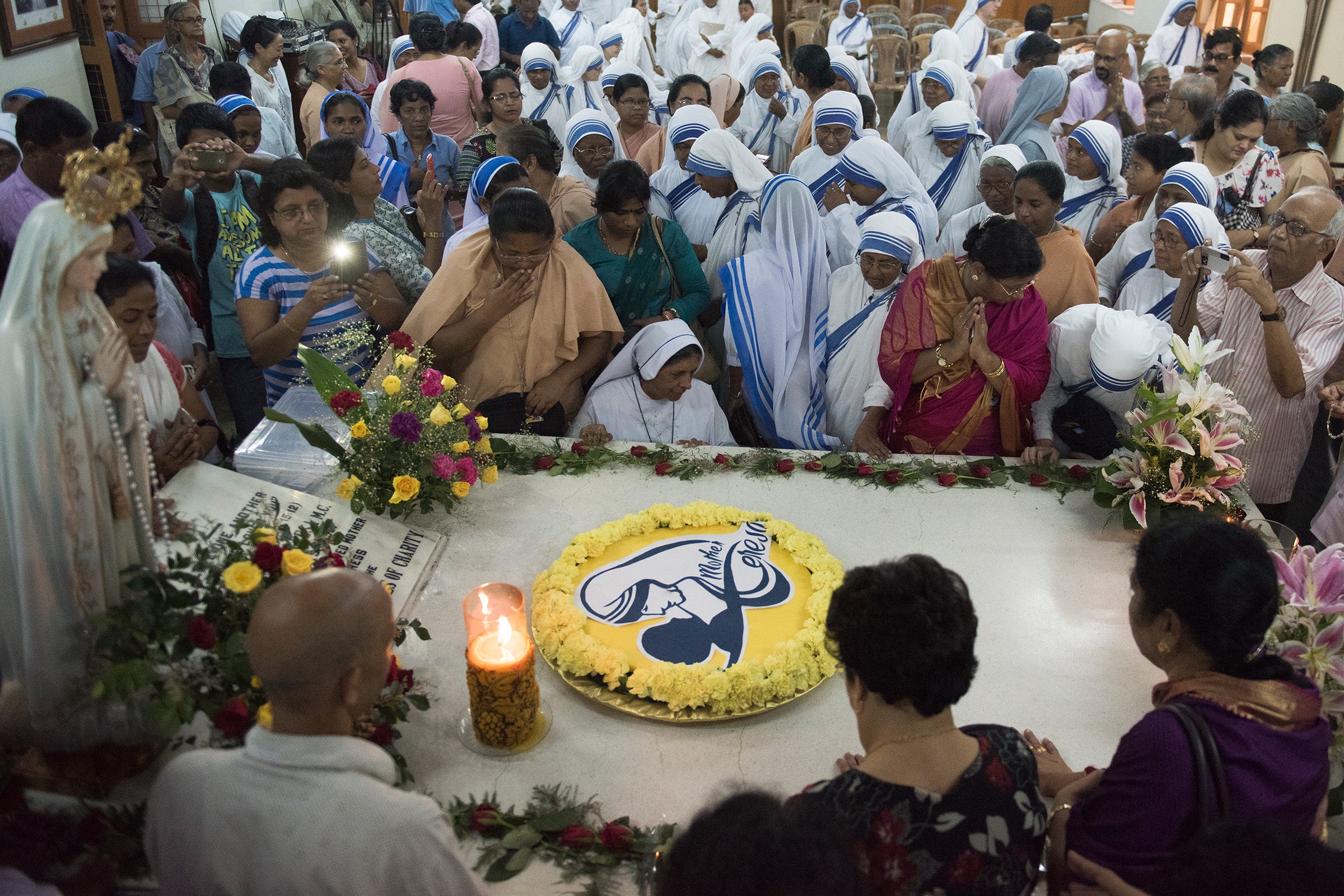
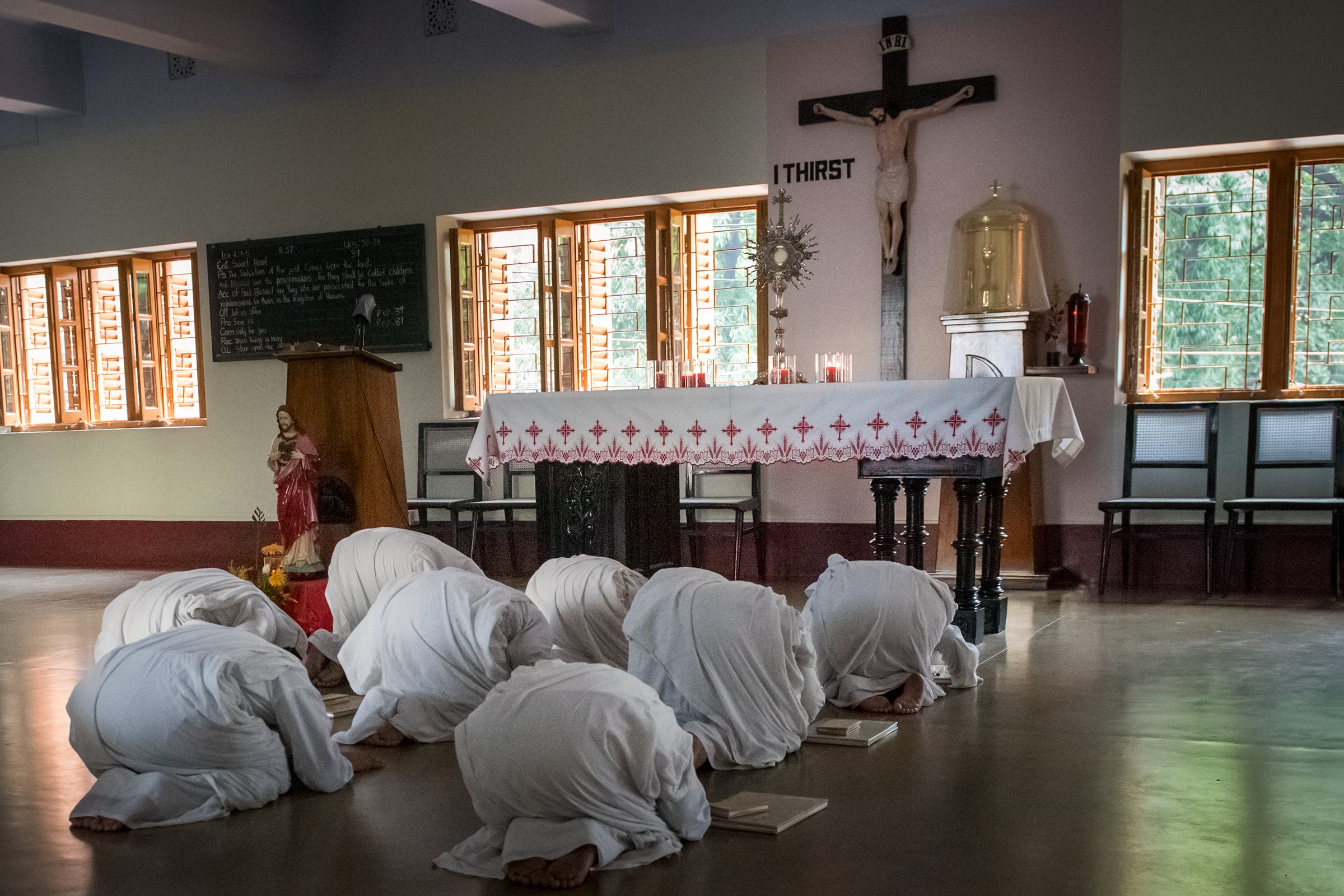
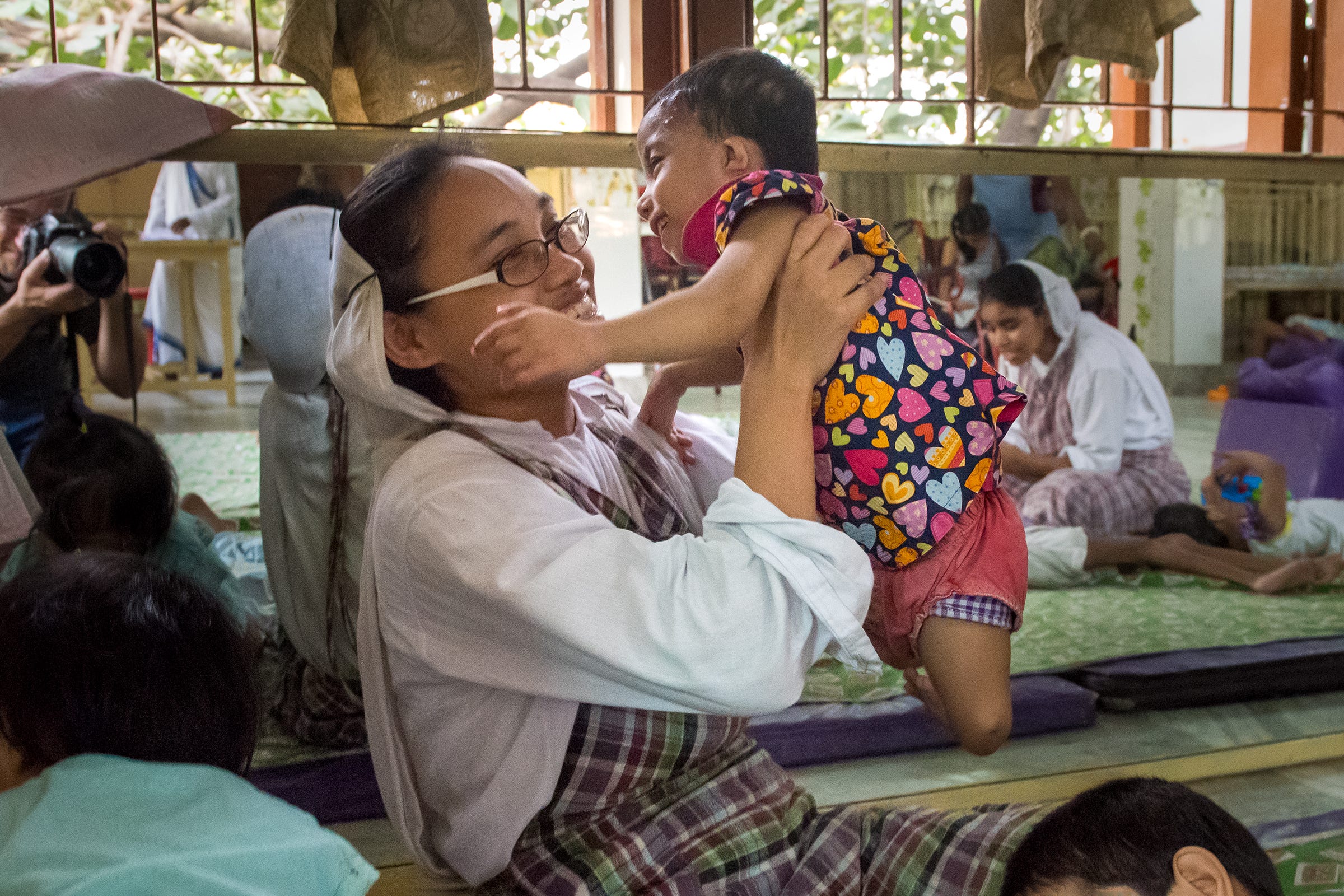
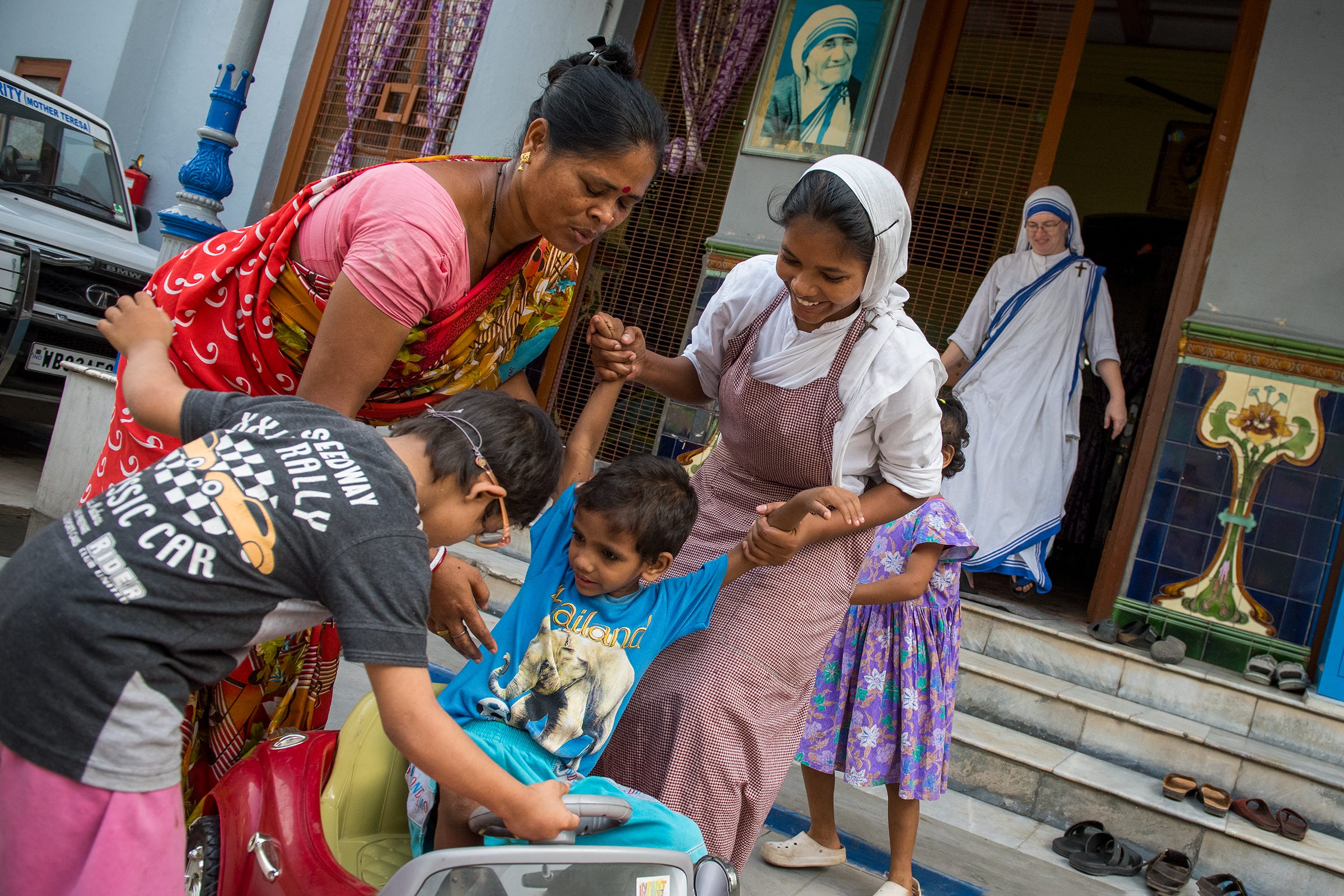
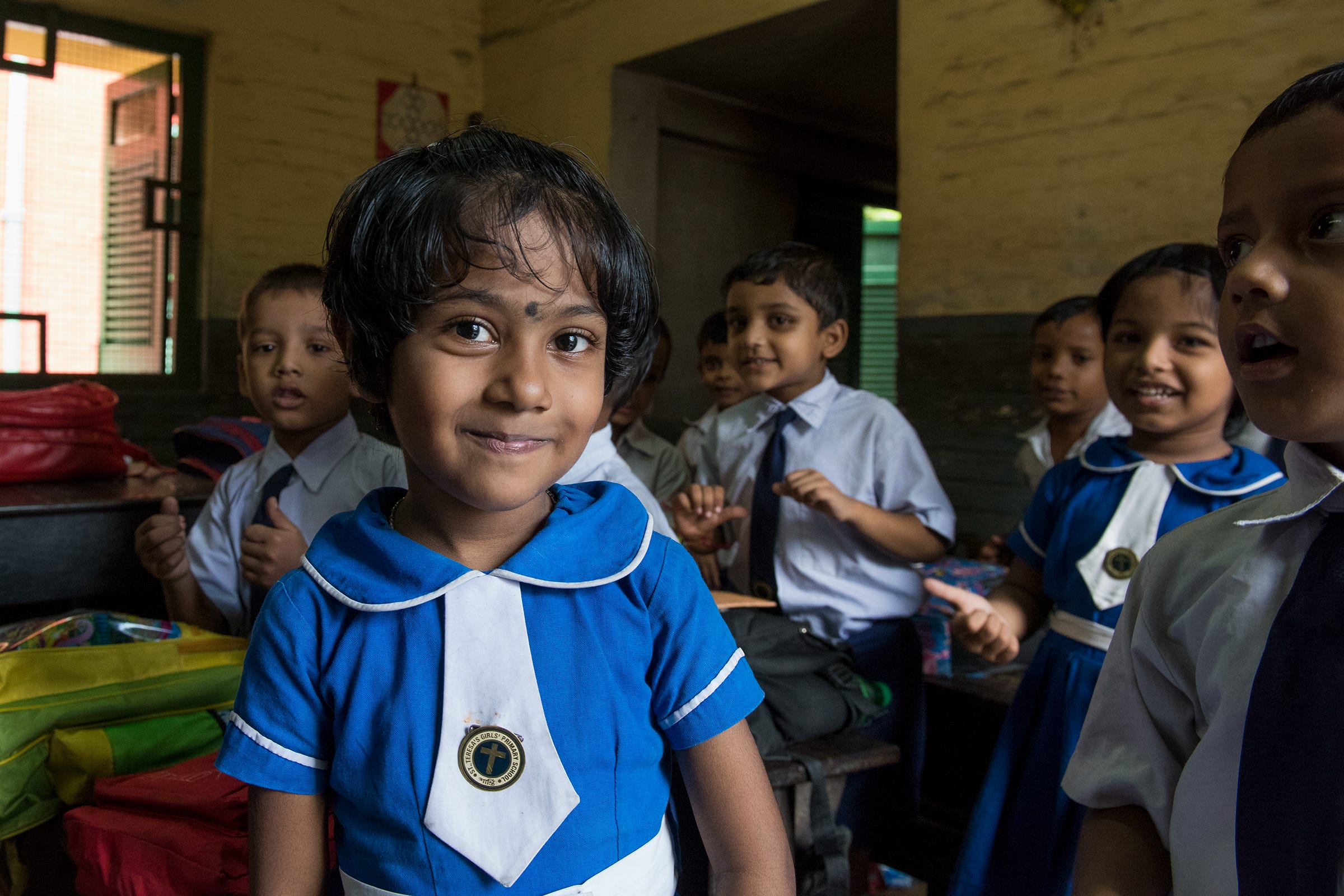
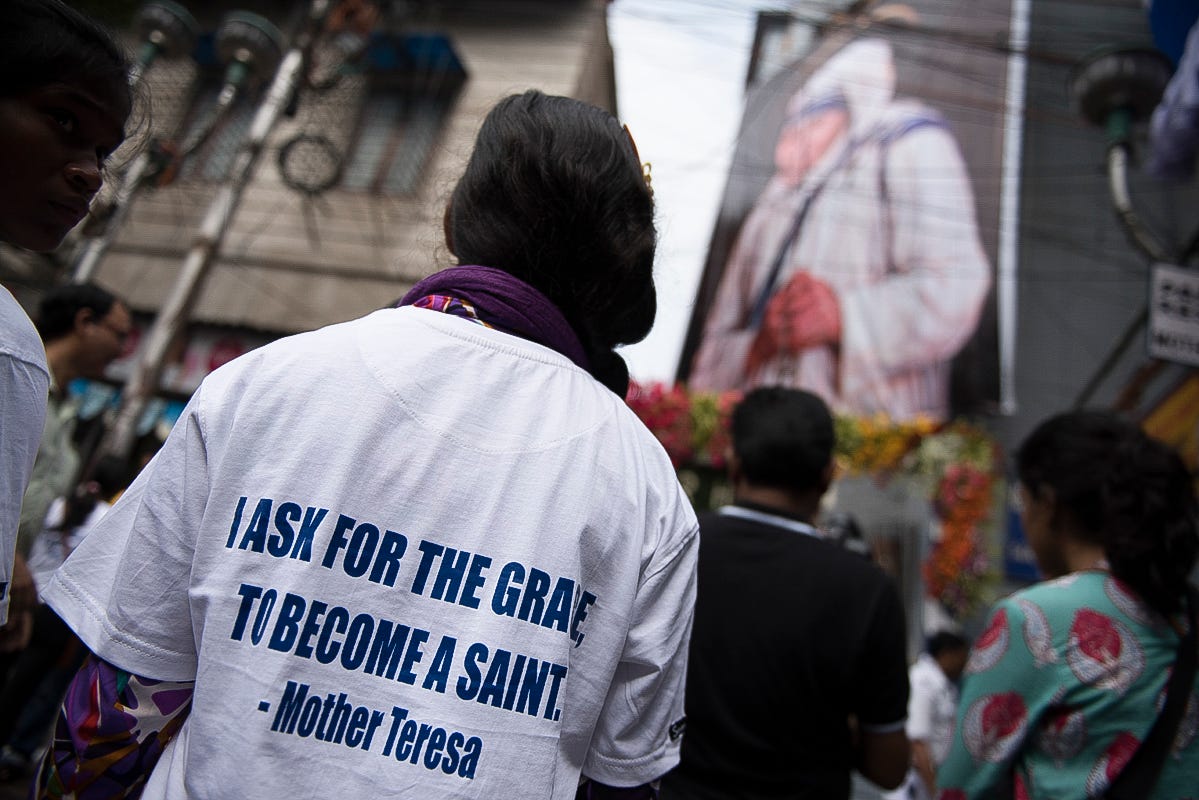
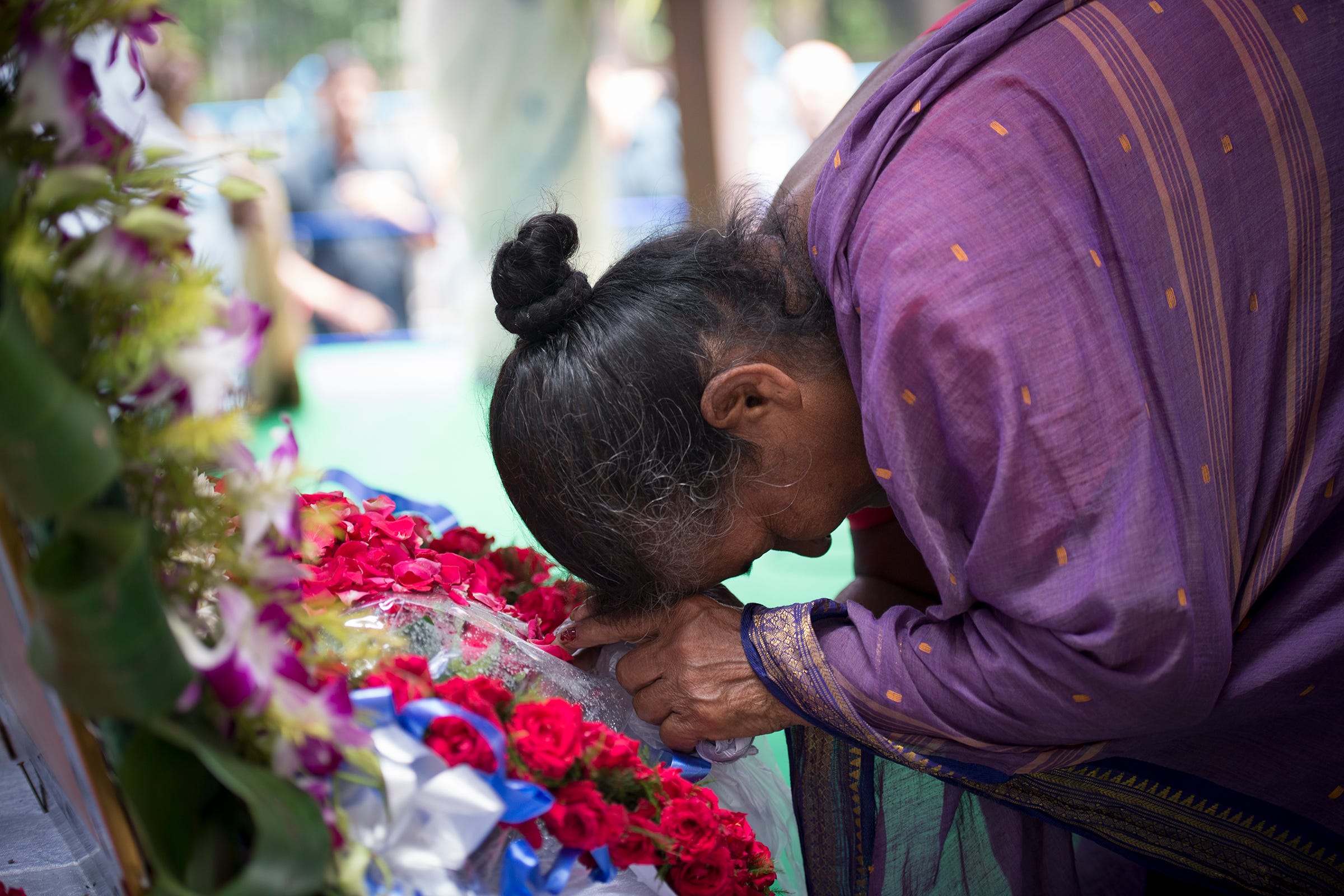
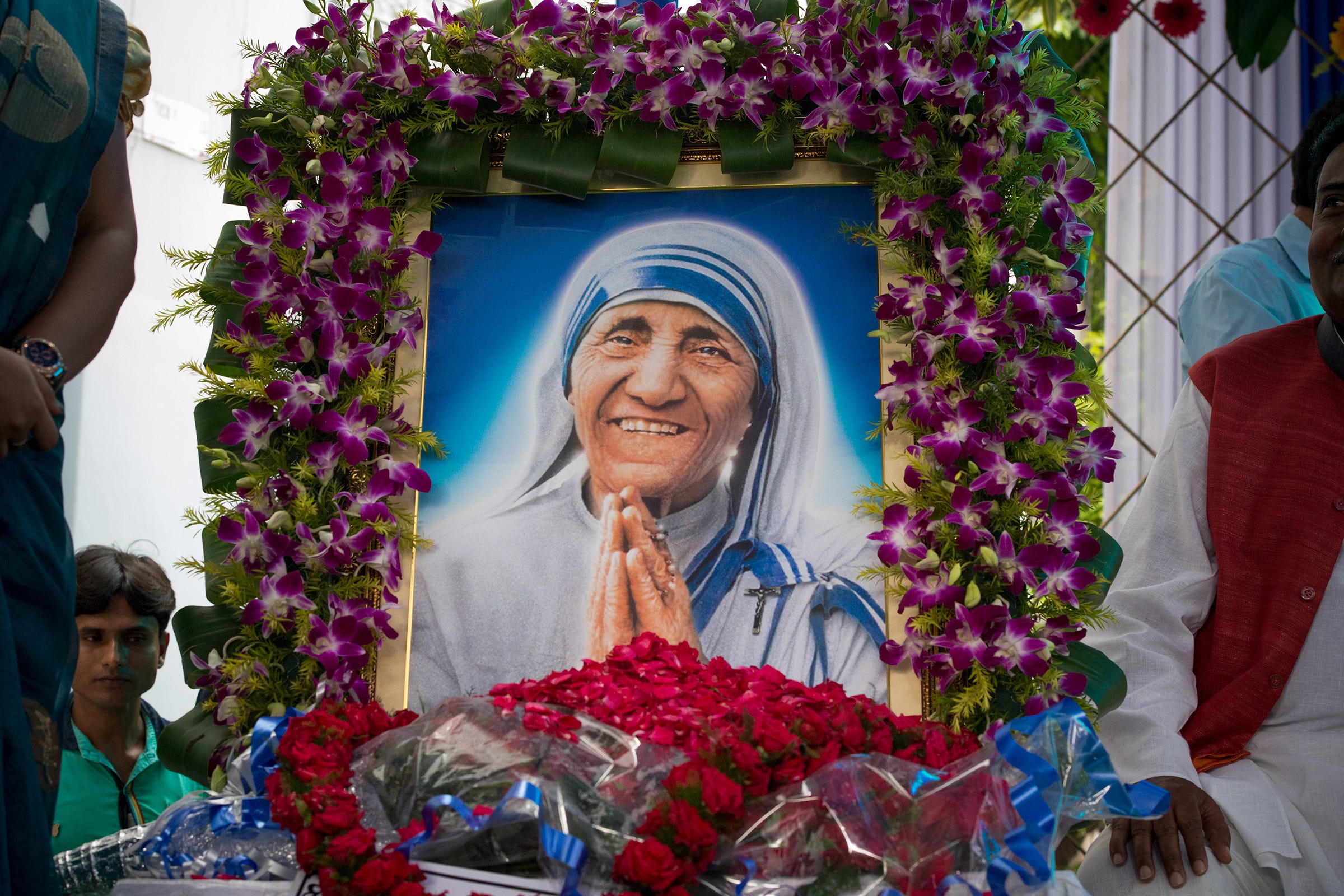
The hallway scene was palpable. My heart, mind & soul needed this intimate reminder of the redemptive value of suffering offered to Our Blessed Lord in His Passion.
Thank you for sharing this. A blessed Lent to you.